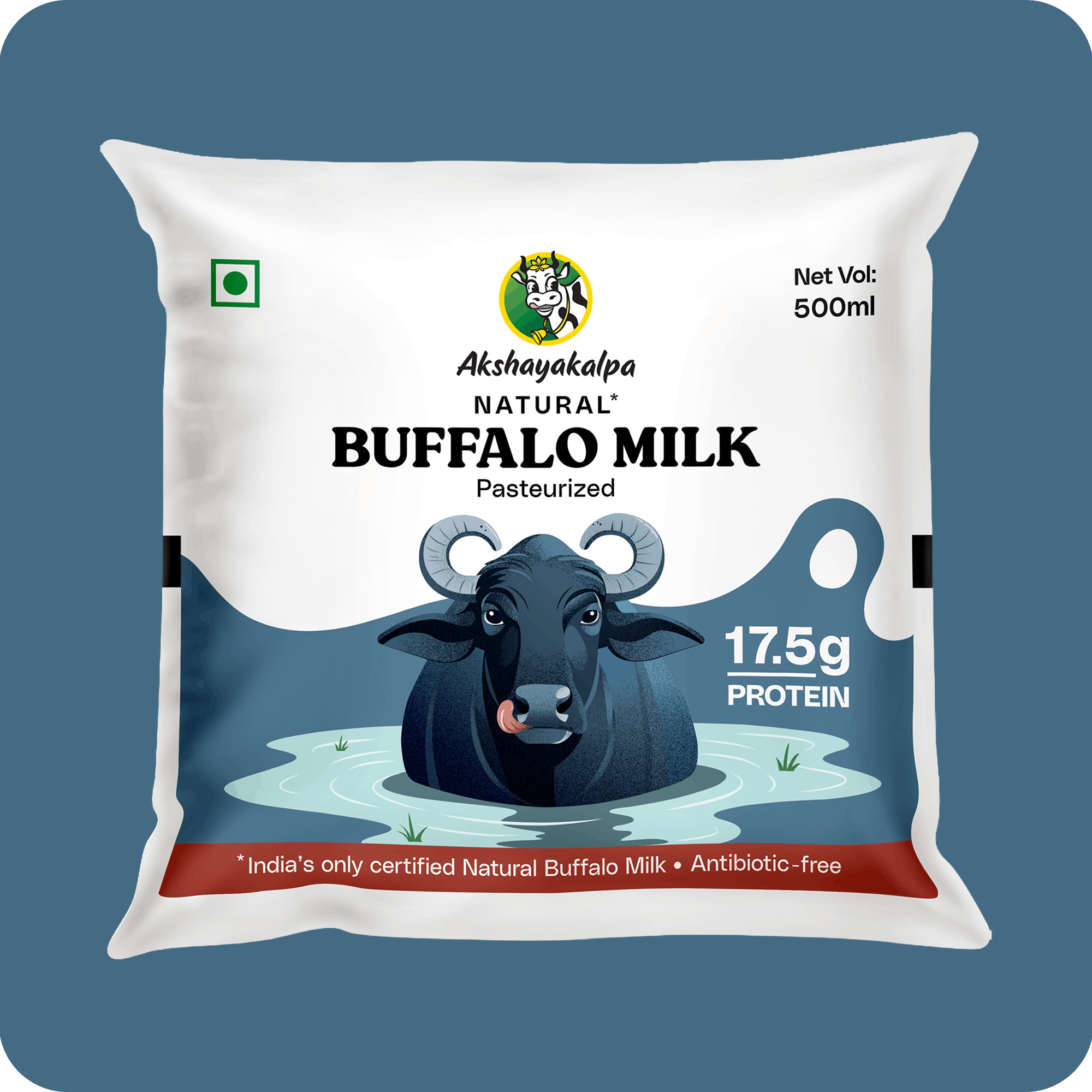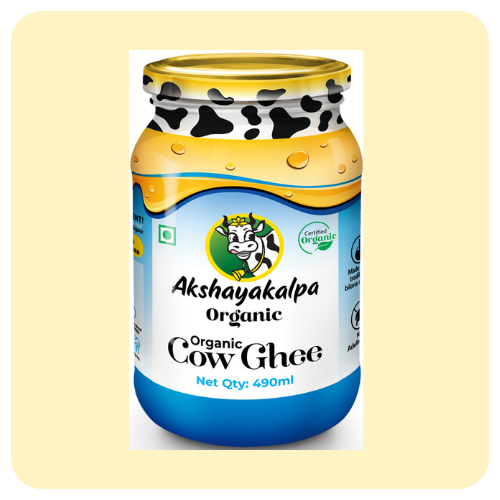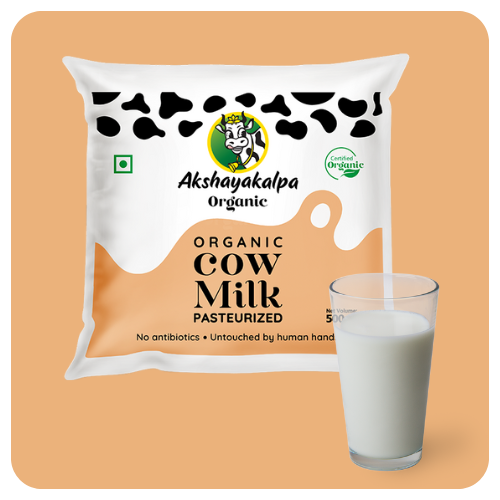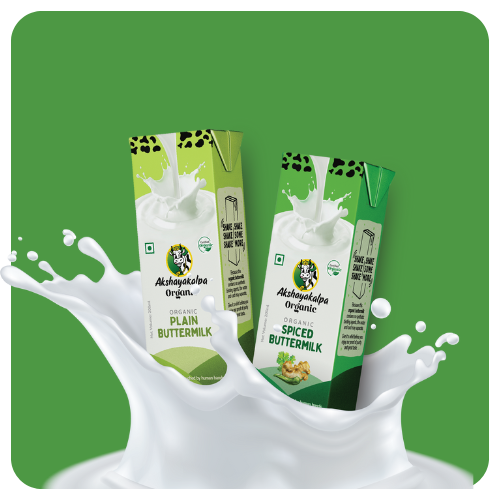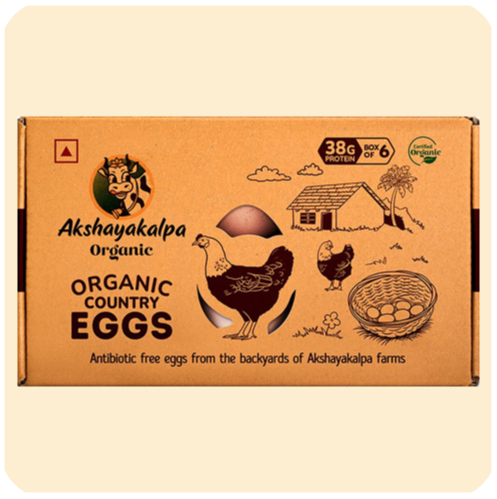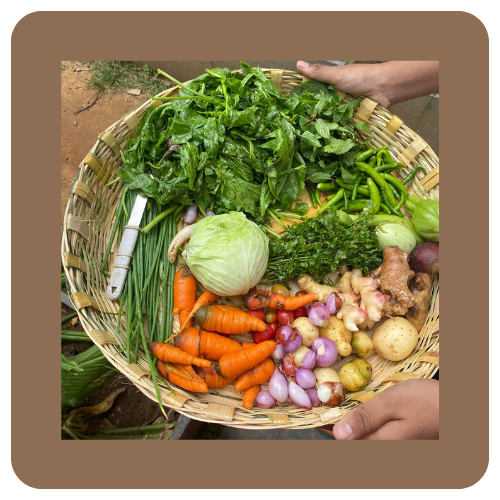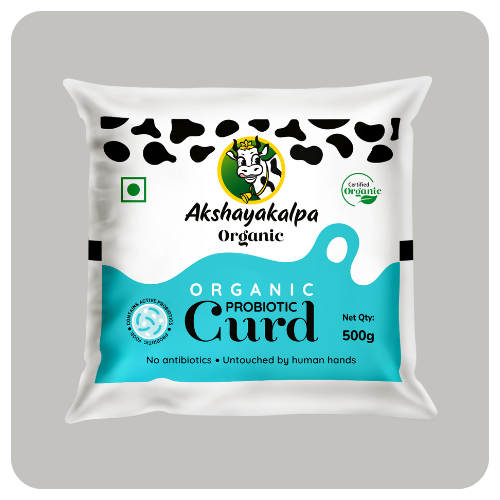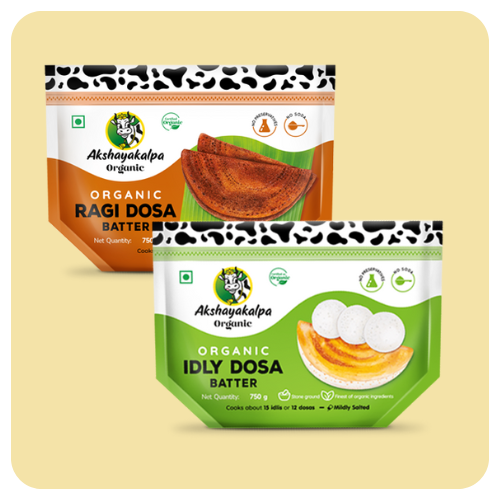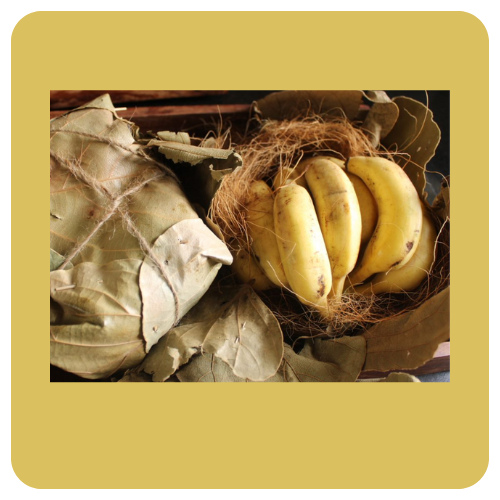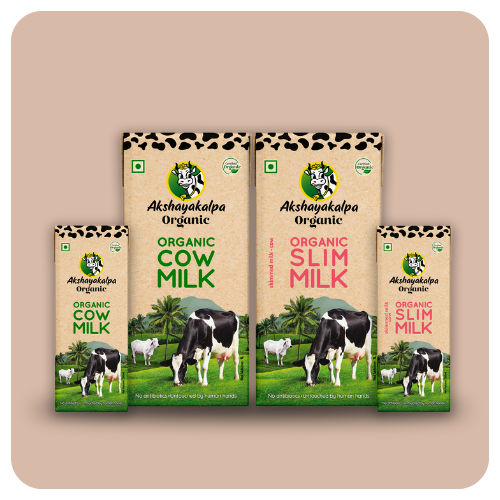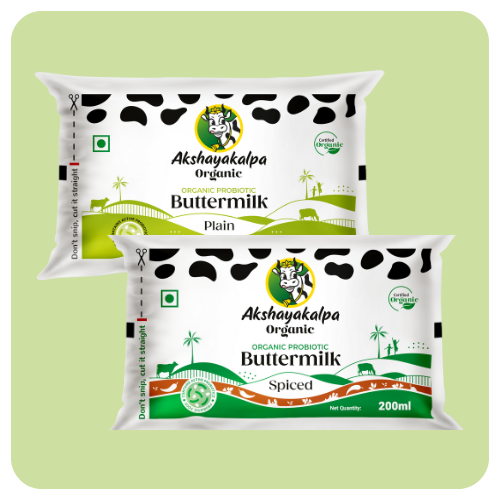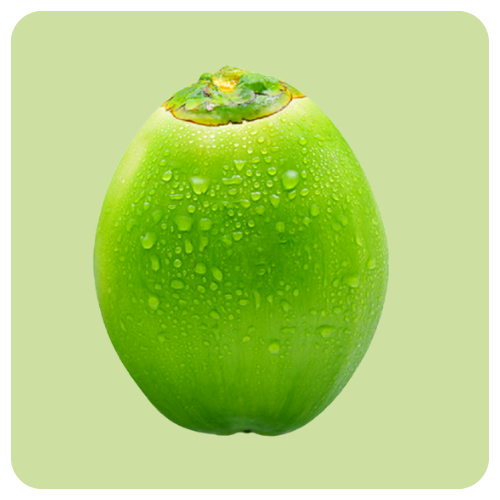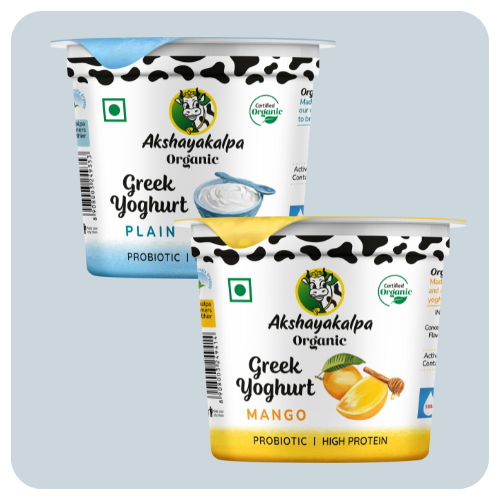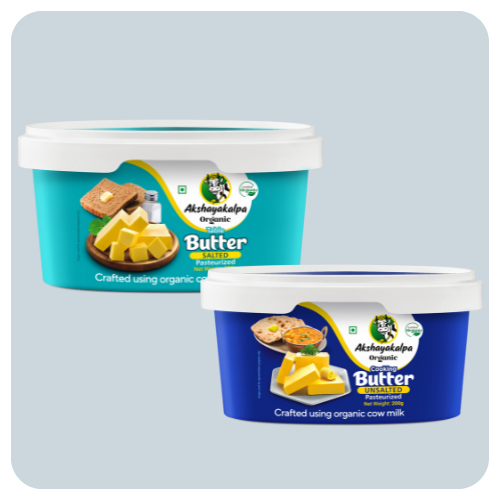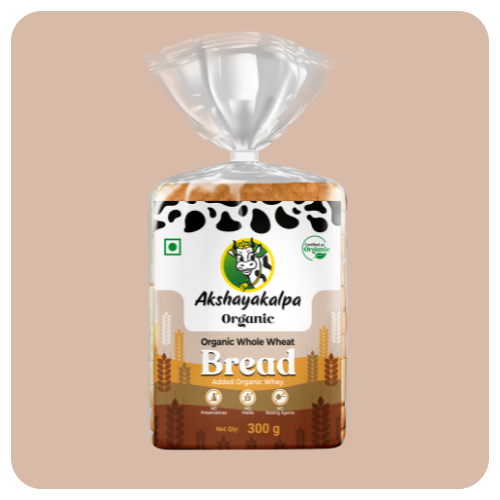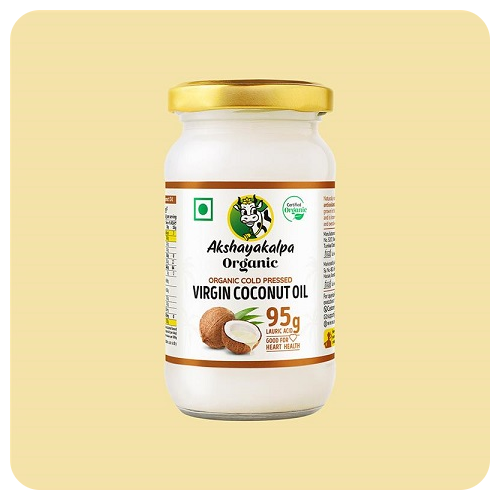Why getting enough protein is hard for vegetarians
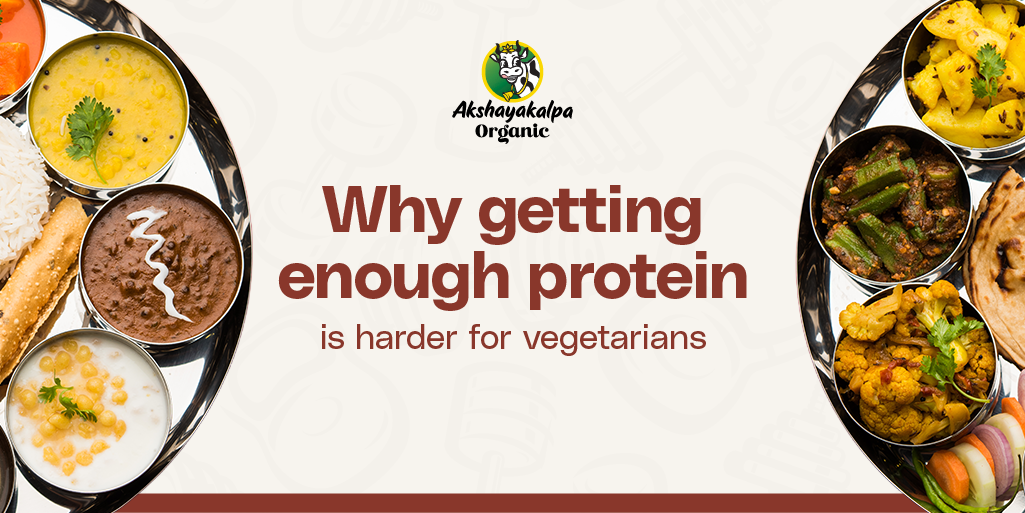
A plate of dal, roti, sabzi, and rice may look wholesome, but it often falls short on one essential macronutrient: protein.
Vegetarian diets are rich in fiber, vitamins, and complex carbohydrates, making them nourishing in many ways. Yet, when it comes to protein, even the most balanced vegetarian plates often miss the mark. A Business Standard study found that nearly 84 percent of vegetarian diets in India are protein deficient, despite growing awareness of nutrition and health.
The problem lies not in how much food we eat, but in what it is made of. Pulses, nuts, and grains all contain protein, but they lack one or more of the essential amino acids that make protein complete. This means the body cannot use them as efficiently. To meet daily protein needs through plant-based foods alone, one would need to eat nearly 8 bowls of cooked dal or 12 chapatis in a day, which is not practical for most people.
A PubMed-indexed study found that Indian vegetarians consume, on average, 6 to 7 grams less protein per day than non-vegetarians. The difference may seem small, but over time, it contributes to fatigue, weaker muscle tone, and slower recovery. Non-vegetarian diets, which include eggs, fish, and chicken, naturally provide complete proteins that are better absorbed and utilized by the body.
Still, vegetarian meals can absolutely meet the body’s protein needs with the right combinations. The ICMR–NIN Dietary Guidelines 2024 recommend pairing foods to improve protein quality: dal with rice, chapati with curd, or including milk, nuts, and seeds daily. These combinations balance amino acids and make the protein in vegetarian meals more effective.
Eating vegetarian food is not the problem. Eating incomplete is. With a few thoughtful additions, a vegetarian diet can be just as strong, giving your body the nourishment, energy, and balance it needs.
